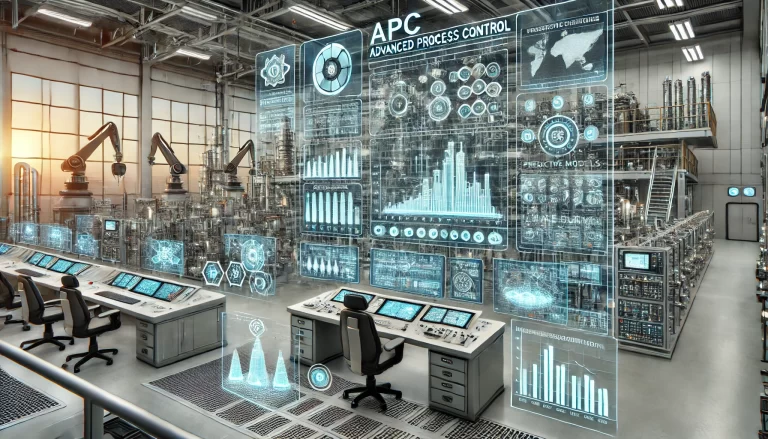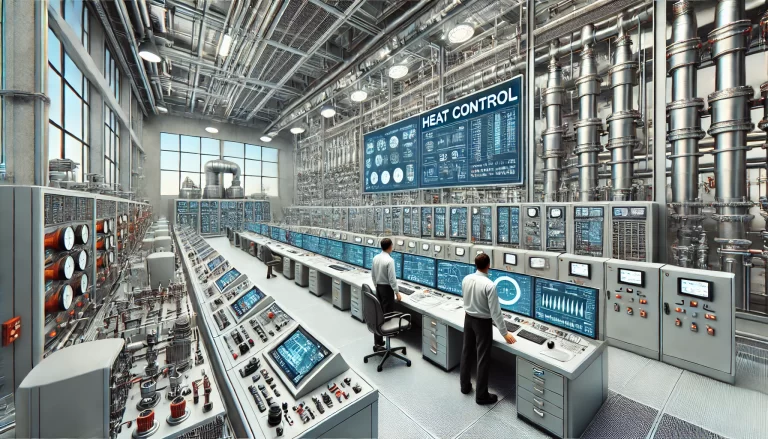When advanced control specifically refers to multivariable model predictive control (MPC), it is not always necessary for every application. Advanced control has become a popular algorithm in process industries, especially in chemical manufacturing, due to the complexity of these industrial systems. The challenges associated with multivariable dynamic constraints and the difficulty of coordinated optimization make advanced control an attractive solution.
Scenarios Where Advanced Control May Not Be Required
In systems with stable loads, well-defined constraints, and limited control actions, advanced control might be excessive. For example, a multi-effect evaporator can be effectively controlled without advanced control techniques. Traditional control strategies such as PID (Proportional-Integral-Derivative) controllers can achieve satisfactory performance without introducing unnecessary complexity.
In contrast, systems that undergo frequent modifications and upgrades may struggle to keep up with advanced control requirements. If the control system cannot be upgraded in tandem with these changes, it is advisable to avoid advanced control solutions.
Batch production processes, for instance, often require a focus on sequential control rather than multivariable optimization. In such cases, advanced control is not always a necessity.

Key Considerations for Advanced Control Implementation
Despite the possibility of breaking down complex systems into simpler sub-problems, there are always essential multivariable control challenges that remain. Even if a system can be decomposed into single-variable control loops, dynamic constraints may still exist. Achieving multivariable control and coordinated optimization requires careful design with the principle of simplicity and optimality. In situations where technical expertise is limited, offline implementation is not feasible, or the control problem is overly complex, advanced control may be the best option.
For processes that demand flexible control strategies, advanced control provides a powerful tool to achieve adaptability and responsiveness.
Comparing PID Control and Advanced Control
Both PID-based control strategies and advanced control solutions can achieve multivariable control. In our experience, we have implemented both structured PID control schemes and model-based advanced control solutions. The choice between these approaches depends on the specific application requirements and available resources.
While advanced control is an effective process control tool, achieving zero manual intervention is the ultimate goal of automation. Advanced control can effectively reduce operational interventions and process alarms, but it is not the only method to achieve operational excellence. Often, problems can be identified and resolved through thorough operational analysis and cross-departmental collaboration without the need for complex solutions.

A Pragmatic Approach to Control System Selection
The decision to implement advanced control should be flexible and driven by the unique constraints and objectives of each process. While advanced control has been a primary focus in my professional career, years of working on PID tuning and complex control strategies have provided a deeper understanding of traditional control methods. The pursuit of automation with minimal manual intervention and process oscillations has shifted my focus toward problem-solving rather than tool selection.
Our recent advanced control projects have provided fresh insights into the technology, helping us identify where to uphold complexity and where to simplify. By focusing on problem resolution, we have discovered numerous simple yet optimal solutions.

Conclusion
In summary, advanced control can be a valuable tool, but it is not always the best or only solution. Implementing advanced control should be a strategic decision based on process complexity, operational flexibility, and available technical resources. Understanding the strengths and limitations of both advanced and traditional control approaches is essential for making informed and effective control system decisions.
Ultimately, adopting the right control strategy requires balancing sophistication with practicality, ensuring that the chosen solution aligns with the specific needs and constraints of the process environment.
